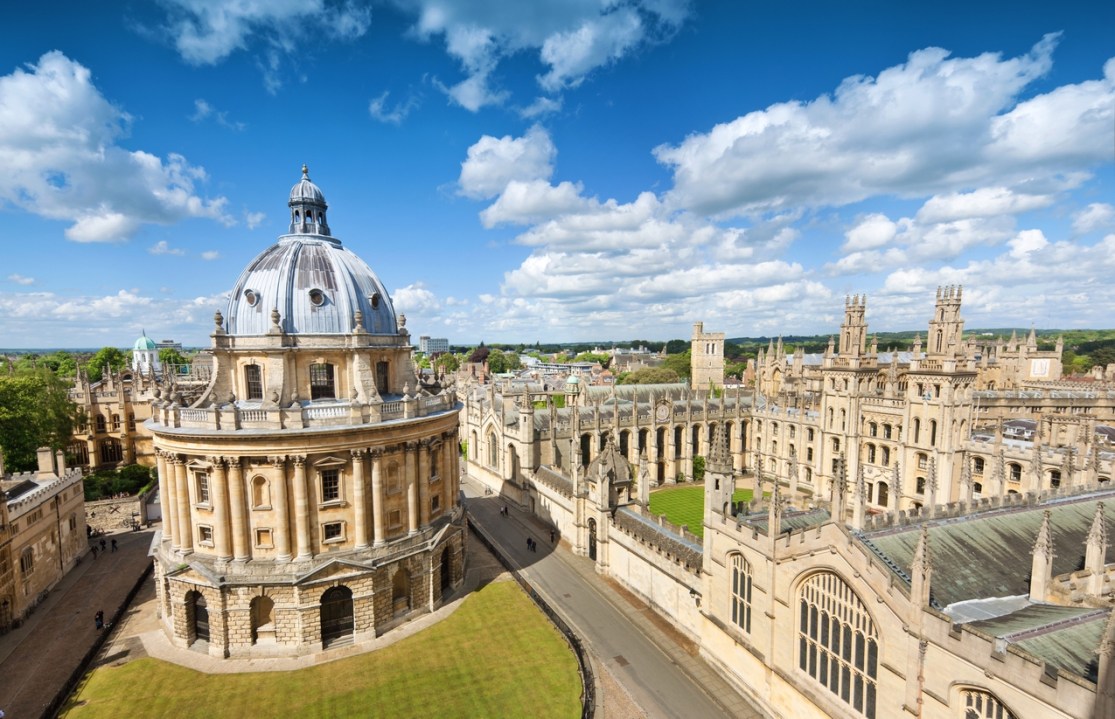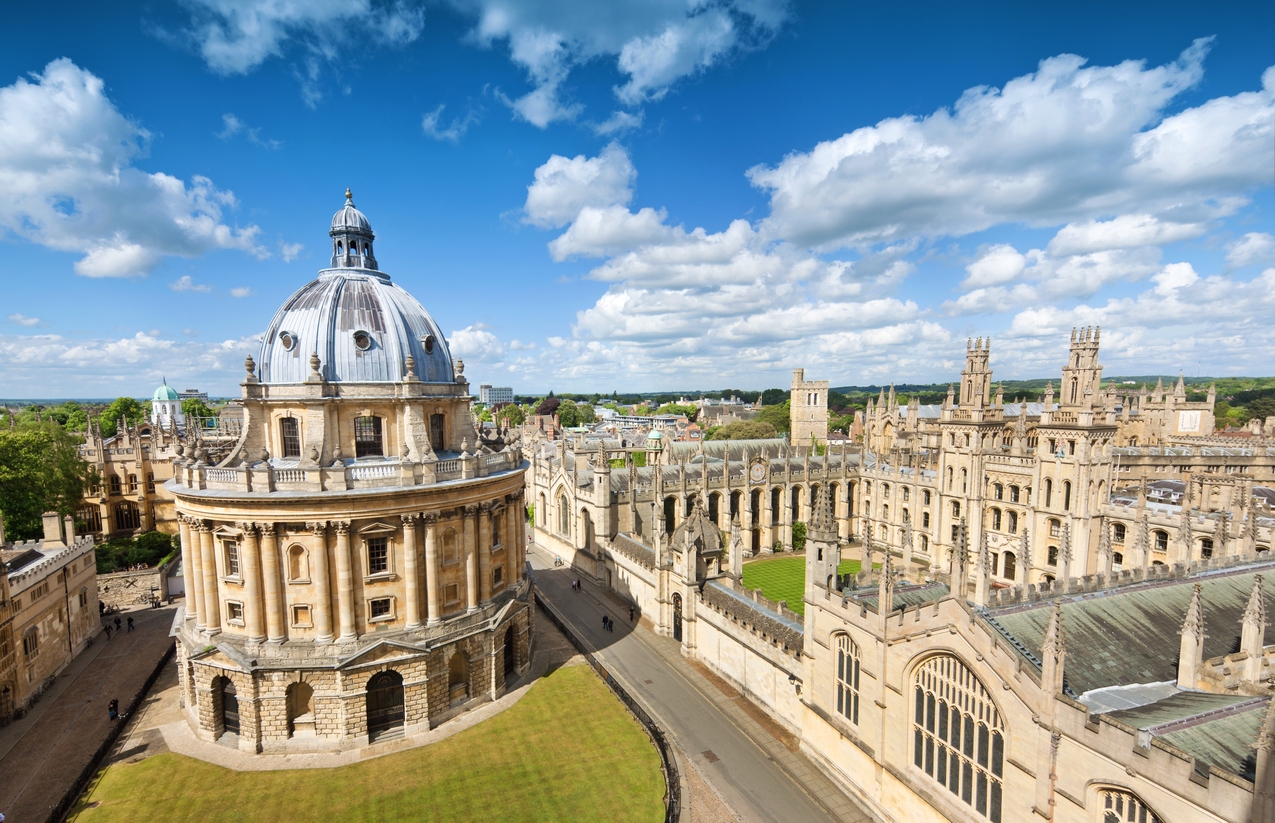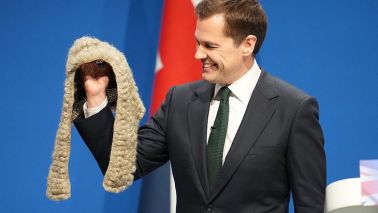As a first-generation immigrant, my mum’s greatest ambition for me was to get into Oxbridge. For her, it was clear that these world-leading universities would be a passport into a better world. So she’ll be aghast to learn of BBC Director General Tim Davie saying the BBC can’t ‘just take people from a certain academic track’. By which he means, according to BBC sources who have elaborated to the newspapers, that ‘it’s about not fishing in an Oxbridge gene pool’. The assumption is that these two universities are hotbeds of inherited privilege.
Davie went to Selwyn, Cambridge, in the 1980s. Back then, most students were (like him) privately educated. But I’d contend that he’s misunderstood the situation on the ground now. This year, almost 70 per cent of Oxford’s intake was from state schools, and that proportion continues to go up. Take my case, for example.
Despite her expectations being made clear to me at an early age, I’d still disappointed my tiger mum by failing to get into the local grammar school at the age of 11. (In my defence, we moved to the UK from China only one year previously, and my English just wasn’t good enough.) Private school was considered, but that would have buckled the family finances: though we’d gone from farm to city in a generation (a product of China’s economic miracle), we weren’t nearly that well-off. At that stage, our family of five still lived in a two-bed flat. In the end, I went to the local comprehensive, and we managed to upgrade to a three-bed house nearby.
I tried again for the grammar school for sixth form, and this time I was lucky. While there, a teacher who’d gone to Oxford inspired my all-important application. The rest is history: a few years later I graduated from the university with an average but respectable 2:1; and went back for more to do a master’s degree the following year.
While I was studying it was eye-opening to be in the company of such brilliant people (yes, the academics, but also the students, who often challenged me more than the tutors) – and by brilliance I don’t mean wealthy. Some of the most impressive people I met were from very normal backgrounds. State educated children still don’t take up a proportional chunk of the places at Oxford, but the odds are getting better, and access efforts continue. Special open days for state school students were put in place, and I led tours of kids as young as primary school age around my college. It was all about normalising Oxbridge – it’s as much for you, from your inner-city London flat, as it is for any red-chino donning Kent kid.
But why should these access efforts continue if the hallowed halls of the BBC are to reject these students precisely because they’ve succeeded? The state school students in Oxbridge broke through the glass ceiling – they weren’t intimidated by the teachers who discouraged them from applying; nor by the vaulted ceilings of the historic colleges; they stuck out the faux pas of ancient tutors; all to gain access to a more privileged world. For this policy to come from the director general, the latest in a long line of privately educated, Oxbridge-bred men: it feels like pulling the ladder up behind you.
The BBC does have a diversity problem (as, by the way, do much of the media). But it’s not a race issue; or a gender issue; or an Oxbridge issue. The problem is groupthink. It comes to the fore when someone like Charles Moore is touted as the incoming chairman, and BBC staff threaten to ‘walk’. Or when the BBC Trust’s own review of the institution concludes that its ‘deep liberal bias’ is why it was slow to give airtime to concerns about immigration and growing support for Brexit. Or when its own contributors leave because of over-egged concerns over political correctness. How exactly would fewer Oxbridge graduates help with this problem?
In his discussion with other British broadcasting chiefs over diversity in the industry, Davie asked: ‘what is Britain?’ and argued that recruitment should reflect that. Well, to people like myself and my mum, Britain is the idea that we can come from nothing to something within a generation. Education is the ticket to that, if you don’t have money. The idea that high achieving young people with similar dreams might be punished for their aspirations and success strikes me as anything but modern.








Comments